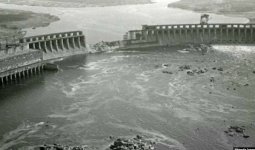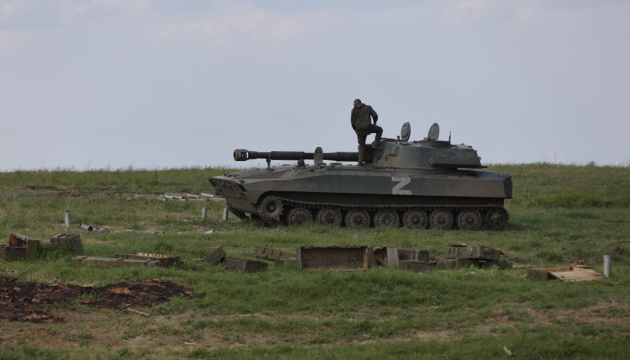Yoused
up
- Joined
- Aug 14, 2020
- Posts
- 7,303
- Solutions
- 1
I think most people assume Fukushima’s generators failed because they washed away or flooded. IIRC 12 of the 13 generators failed and 11 of those failed because they were cooled by seawater and their inappropriately placed seawater pumps were destroyed by the tsunami. The lack of electricity lead to a loss of cooling, which lead to a meltdown. Also worth noting that the reactors were all shutdown automatically as a result of the initial earthquake. But since it takes weeks to cool down, the meltdowns occurred anyways, one reactor the day after the tsunami, the other two in the following several days. They were lucky that their three other 3 reactors had been in long term shutdown for maintenance.
The Fukushima facility was 40 years old. For a conventional power plant, that does not sound like much, but nuclear plants are pounded by so much constant, heavy radiation that 40 years is beyond designed lifespan. I suspect that Zaporizhzha is close to or beyond that age as well. (We had a fancy new reactor built down the river when I was a teenager, and I later learned that is was expected to run for 27 years.)
Are you sure? That does not sound to me like it would be in the scope of what the Geneva Conventions cover.Under the Geneva Convention, attacking a nuclear power plant is not technically illegal- it depends if the military action risks widespread civilian harm. Frankly, there needs to be much more stringent laws.



